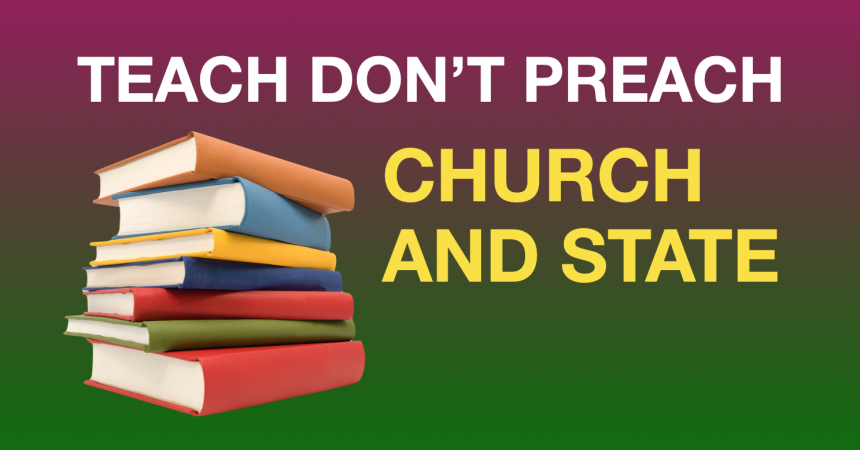
The Catholic Church and the proposed new Religious Education course (ERB) at primary level.
One of the Recommendations in the Report from the Forum on Patronage and Pluralism is to introduce a subject under the curriculum called Education about Religions, Beliefs and Ethics (ERB). It is clear from the Recommendations of the Forum on Patronage and Pluralism that the proposed new course on Religions and Beliefs is not intended to replace Catholic Religious instruction in schools.
The Recommendations reads as follows:-
“The Advisory Group is of the view that all children have the right to receive education in ERB and Ethics and the State has the responsibility to ensure that this is provided. The Advisory Group requests that the NCCA, with assistance from the partners and mindful of existing programmes, should develop curriculum and teacher guidelines for ERB and Ethics, in line with the Toledo Principles, the RedCo, and the Cambridge Primary Review.”
“The Advisory Group has a particular concern for those children who do not participate in religious programmes in denominational schools. They may go through their primary schooling without any ERB and ethical education. For these children, the proposed programmes in ERB and Ethics are of central importance. “
The Advisory Group state that they are of the view that ALL children have a right to received education in ERB and Ethics. At present there is no access to education in ERB and Ethics at either primary or second level for the children of secular parents.
If the new ERB Course is to include ALL children then it must be delivered in an objective, critical and pluralistic manner. This is a General Principle under Article II of Protocol 1 (the Right to Education) of the European Convention. The UN uses the terms neutral and objective.
At second level the Religious Education Course under the curriculum it is not up to human rights standards as it disrespects the philosophical convictions of secular parents. It is not delivered in an objective, critical and pluralistic manner as in the majority of schools it is combined with the Guidelines for the Faith Formation and Development of Catholic students.
The Irish state does nothing to protect the human rights of minorities in Irish schools as they simply absolved themselves of that responsibility and handed it to the Catholic Church who controls most of the schools and teacher training colleges in Ireland.
The Toledo Guiding Principles state that:-
“Furthermore, while it is important to ensure that representatives of religious communities are allowed to give input and advice, this should not be taken to the extreme of giving them too much decision –making power at the cost of abdicating state responsibility. The European Court of Human Rights has made it clear that excessive involvement of religious authorities from one community in decisions that affect the rights of those belonging to another community may itself amount to a violation of the right to freedom of religion or belief.” (p.68) – (Manoussakis v. Greece (ECHR, app 18748/91 1996) para 49-38)
The Catholic Church in Ireland has control over decisions that affect the rights of secular parents and their children as they control the majority of schools and teacher training colleges in Ireland. It is also worth remembering that the Catholic Church has rejected the Toledo Guiding Principles which are based on human rights.
In 2009 the ’Holy See’ issued a Circular Letter rejecting the teaching about religions and ethics in a neutral way.
“Moreover, if religious education is limited to a presentation of the different religions, in a comparative and “neutral” way, it creates confusion or generates religious relativism or indifferentism. “
The Forum on Patronage and Pluralism has said that the proposed programmes in ERB and Ethics are of central importance to those children who do not participate in religious programmes in denominational schools. Human rights are of central importance to secular parents and consequently this government must ensure that the proposed ERB and Ethics course is delivered in an objective, critical and pluralistic manner. We can only hope that the government will not leave decisions that will impact on the human rights of minorities, in the hands of a private institution that rejects those principles.





0 Comments
No comments!
There are no comments yet, but you can be first to comment this article.